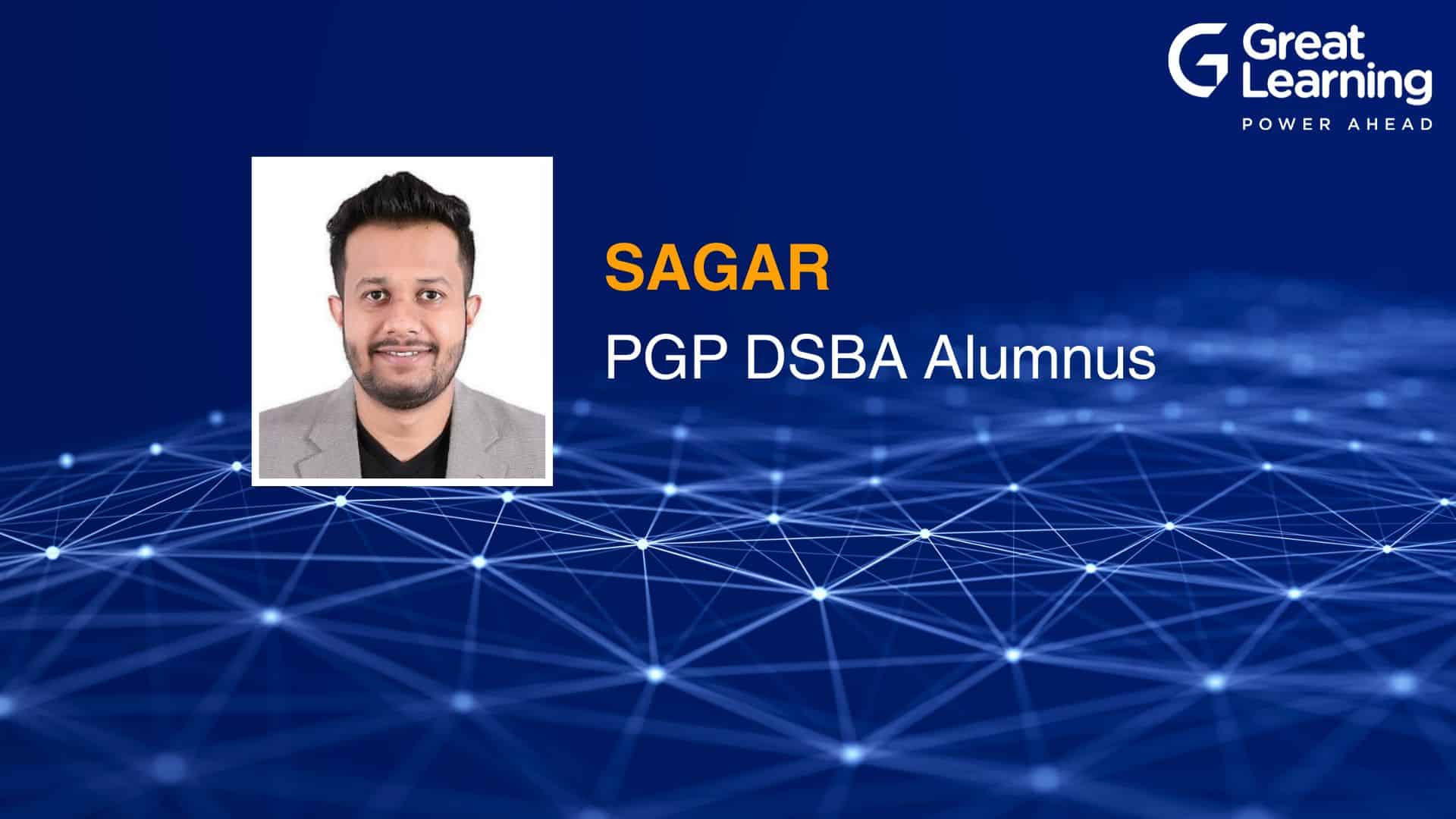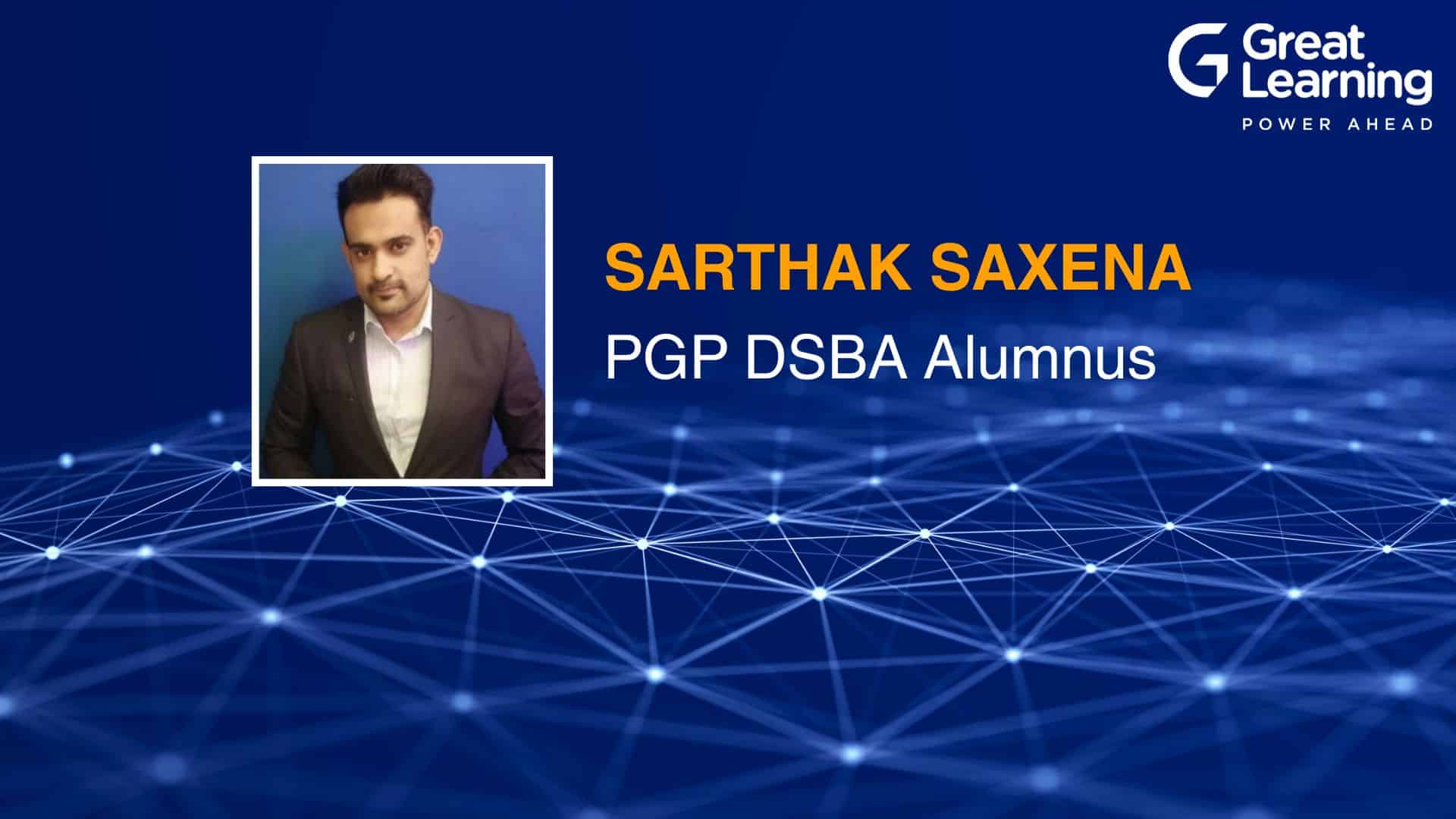
Name: Fazil Roshan Sirajuddin
Email- roshanfazil@gmail.com
Linkedin Profile- http://linkedin.com/in/fazil-roshan-6a0799106
I am Fazil Roshan.S and I hail from Tamilnadu. I am a graduate in Mechanical Engg, MBA. I ventured out on a lookout for a job in UAE and selected and got placed in BMTS.I have spent around 4 years of experience across different domains like Engg Design Analysis, Engineering management, Machine Breakdown Analysis and Maintenance. I started my journey as an Engineer and Continued there in the same org. I then moved to Bristol Fire Engg LLC – Dubai as a Design Data Analysis & Estimation Engineer in 2017. I managed a team of 6 ensuring all the Operational level metrics are met which included the Machine learning process as well.
I was working on Machine Breakdown Analysis, predicted mechanical equipment breakdowns usually rotors and service schedules using Machine learning models and achieved accuracy in the predicted models.
Used Time-series analysis for determining the trends and seasonal patterns and applied SARIMA Forecasting model to forecast revenue for FY.
Created and integrated interactive dashboards using tableau for effective presentations to the clients and the management for the analysis of the insights
During my 8 Years work experience, I have had exposure to different data that are related to Many domains mainly related to supply chain and technical maintenance etc… However, I was able to draw insights and dashboards useful for the business. I could not perform effective machine learning methods for predicting and forecasting the future out of the data. When I was going through the website to improvise my Machine learning skills, I found this PGPDSBA course with Great learning which had numerous machine learning modules including time series forecasting and natural language processing. This has been my motivation to complete this post graduate program in Data Science and business Analytics. This will not only add value to my resume, it will also help me to deal with Machine learning methodologies with confidence.
My journey started with a feeling of a back-to-school learning environment. I liked the planning for this course where they ensure that the professionals complete the course without postponing the learning curve. Their guidelines to support the learning professionals is excellent. Mentors clear all the doubts and keep the communication lines open for the mentees. Case studies and projects are based on real world scenarios which help us to prepare and understand how to apply different techniques. Highlights of this program are: Weekly quiz, Monthly projects, Case study discussions and Program support throughout this course. I am from a technical background and have done many coding before I joined this course.
This course has helped me to confidently perform effective exploratory data in my field of expertise. I feel proud of completing the tailor-made projects throughout this course duration. This course has improved my vision towards Data science and Machine Learning. It has added value to my resume and value to myself in my professional circle. My family is very proud that I am a post graduate in Data Science and was able to manage this course and secured good marks.
Understand the Basics of Statistics and Mathematics:
• Data science and analytics heavily rely on statistics and mathematics. Build a strong foundation in areas like probability, linear algebra, and calculus. These concepts are essential for understanding and working with data.
Learn Programming Languages:
• Python and R are two of the most widely used programming languages in data science and analytics. Familiarize yourself with these languages and their libraries (e.g., Pandas, NumPy, scikit-learn in Python, and dplyr, ggplot2 in R).
Explore Data Visualization:
• Visualization is a powerful tool for understanding data. Learn how to create effective data visualizations using tools like Matplotlib, Seaborn, ggplot2, or Tableau. Understanding how to tell a story with data is crucial.
Master Data Cleaning and Preprocessing:
• Data is rarely clean and ready for analysis. Spend time learning how to clean and preprocess data, handling missing values, outliers, and transforming data into a suitable format for analysis.
Dive into Machine Learning:
• Machine learning is a core component of data science. Start with the basics of supervised and unsupervised learning algorithms, and gradually explore more advanced techniques. Scikit-learn and TensorFlow/Keras are excellent libraries for this purpose.
Practice with Real-World Projects:
• Apply what you learn to real-world datasets and projects. This hands-on experience is invaluable for building your skills and problem-solving abilities.
Study Business Concepts:
• To excel in business analytics, it’s essential to understand the fundamental concepts of business, such as key performance indicators (KPIs), ROI, and business processes. This knowledge will help you connect data analysis to business goals.
Learn SQL:
• SQL is a critical skill for data retrieval and manipulation. It’s widely used in data analysis, so understanding how to work with databases is essential.
Stay Informed and Curious:
• The field of data science and analytics is continuously evolving. Stay up-to-date with industry trends, new tools, and emerging technologies. Follow blogs, forums, and experts in the field.
Collaborate and Network:
• Connect with peers, join data science communities, and participate in online forums like Stack Overflow and GitHub. Collaboration and networking can lead to valuable insights and opportunities.
Work on Communication Skills:
• Being able to communicate your findings effectively is crucial. Learn how to present your results in a clear and understandable manner, both in writing and verbally.
Build a Portfolio:
• Create a portfolio of your projects on platforms like GitHub or a personal website. This showcases your skills and provides evidence of your capabilities to potential employers.
Be Patient and Persistent:
• Learning data science and business analytics can be challenging, but don’t get discouraged. Keep practicing, learning, and seeking help when needed. Over time, you’ll see significant progress.
• Remember that learning these fields is an ongoing process. Embrace curiosity and a growth mindset, and don’t be afraid to tackle complex problems. The more you practice, the more proficient you will become in data science and business analytics.
THank YOu!







